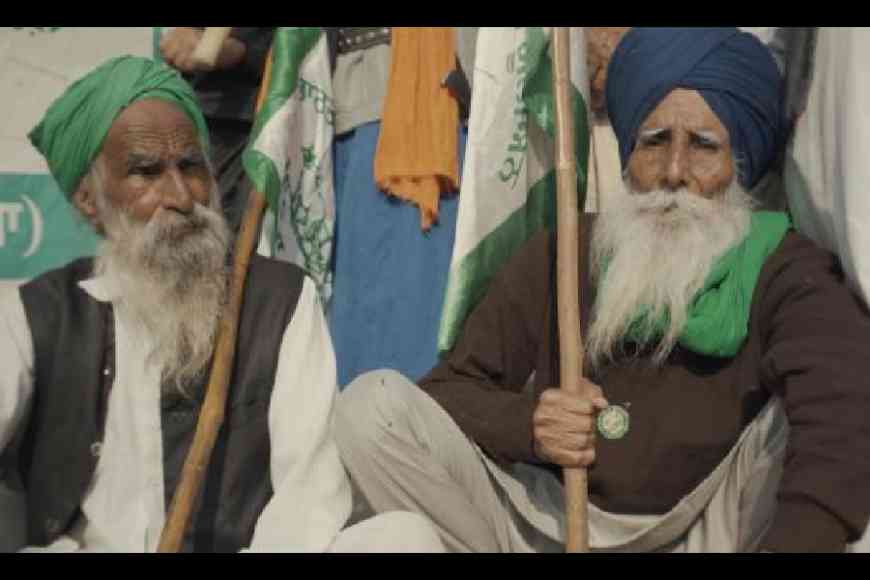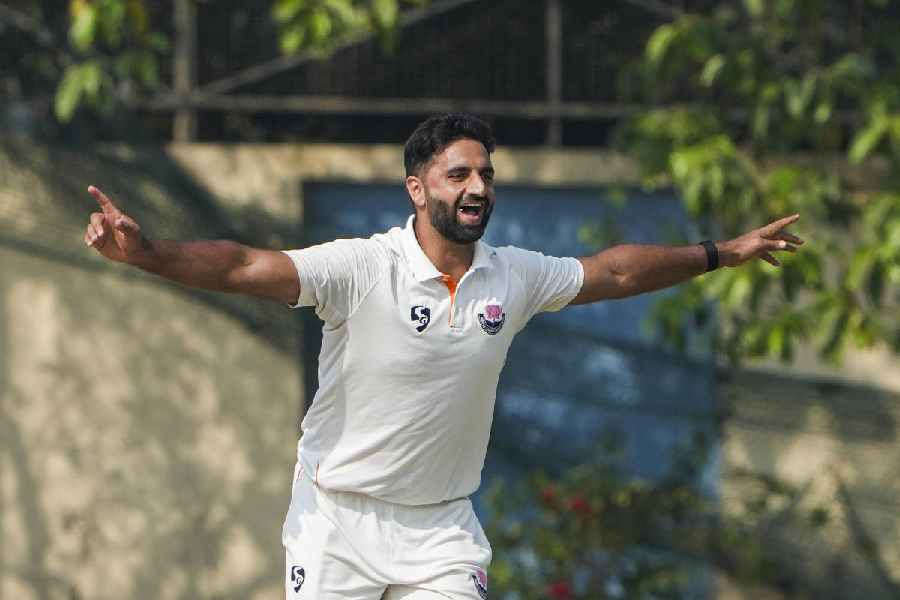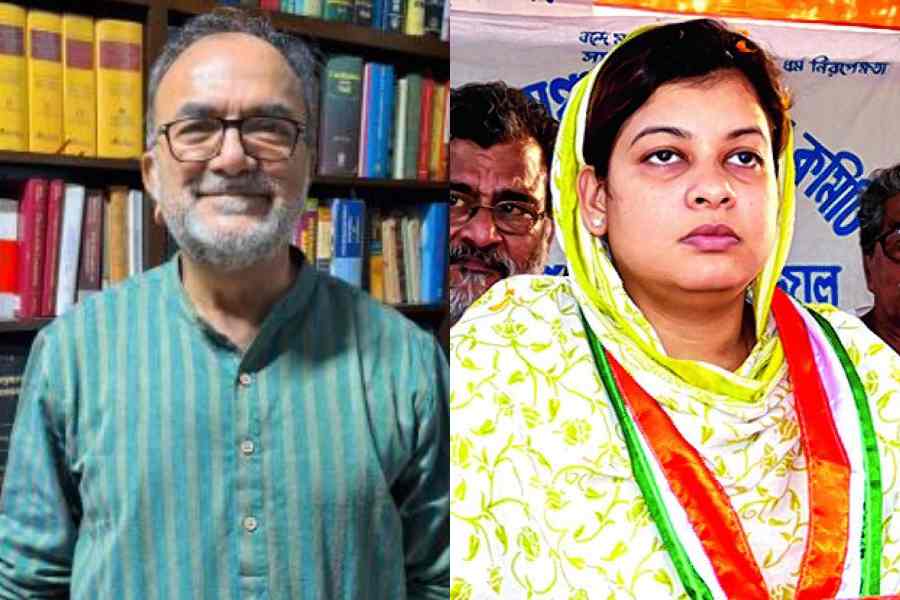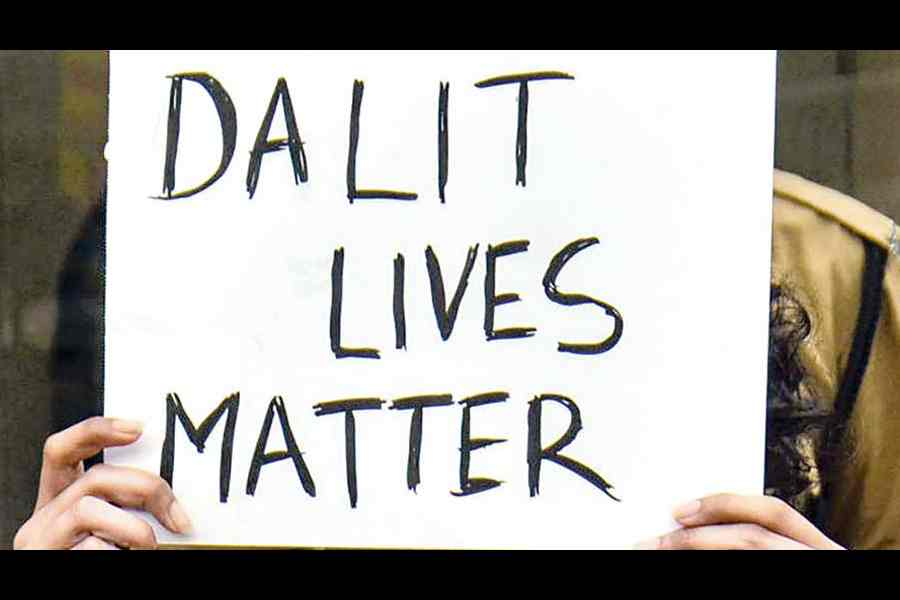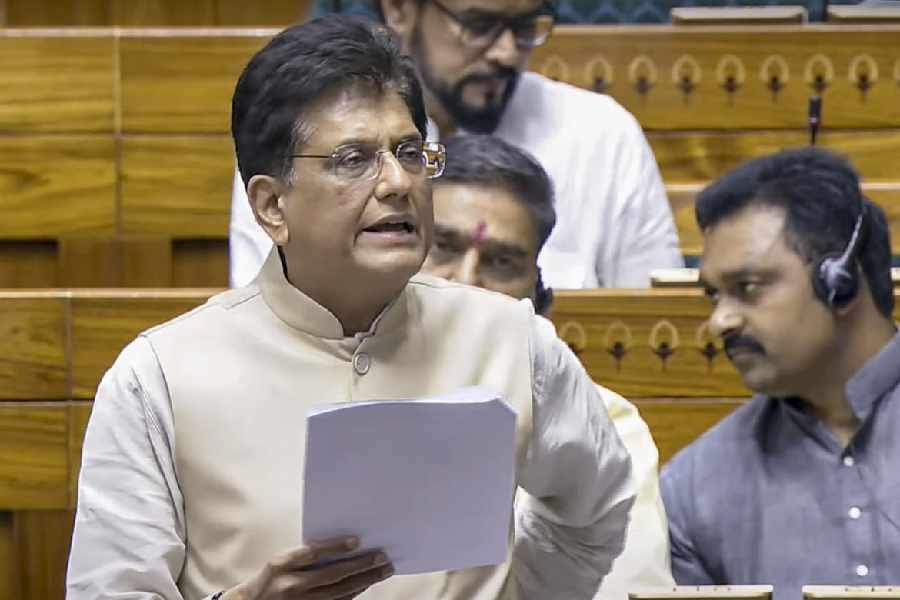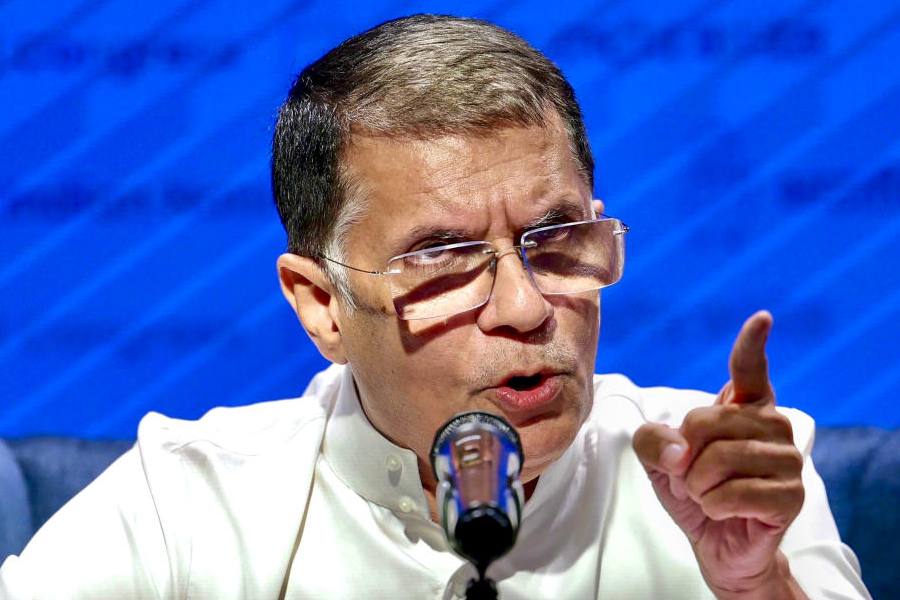Few filmmakers can claim a journey as unconventional as Bedabrata Pain’s — from working at NASA and inventing the CMOS digital camera chip to holding over 90 patents and being inducted into the US Space Technology Hall of Fame. Today, he’s talking not about science or satellites, but about farmers, through his new film Déjà Vu.
The ex-NASA scientist turned filmmaker, whose debut feature Chittagong (starring Nawazuddin Siddiqui, Manoj Bajpayee, Rajkummar Rao among others) won the National Award for Best Debut Film, is now back with Déjà Vu — a hard-hitting documentary that explores the corporatisation of agriculture in America and what it predicts for India. Co-produced by Oscar-winning sound designer Resul Pookutty, the film will be screened at the Kolkata International Film Festival today.
“Déjà Vu was born out of curiosity,” Bedabrata admits, laughing softly. “When the farm laws were passed in India, like everyone else, we were trying to understand what was really happening. MSP, market reforms — these were terms floating around, but very few understood what was at stake. As I started reading, I realised that these ‘reforms’ were not new. They had already happened in America. And that’s when I knew there was a story to be told.”
So began an extraordinary journey. In early 2021, while the Indian farmers’ protest was still raging, Bedabrata, two young physicists Rajashik Tarafder and Sristy Agrawal, and theatre actor Rumela Gangopadhyay set off on a 10,000km road trip across America’s agricultural heartland. “We travelled through Iowa, Oklahoma, Kansas, Missouri, Wisconsin, Colorado — the American Midwest, basically the breadbasket of the country,” he says. “It was just the four of us, a car full of equipment, two cameras, a drone, two lights and a lot of uncertainty.”
The film captures what they found: stories of small American farmers destroyed by four decades of market reforms, swallowed by debt, and left behind by a system designed to serve corporate interests. “What shocked me was that the rate of farm suicides in America. These are people in the richest country in the world, living what we imagine is the ‘good life’. But their reality mirrors what’s happening in rural India — the same despair, the same losses.”
Through farmer unions and local communities, the team met numerous families across the Midwest. “Many didn’t want to come on camera,” Bedabrata recalls. “They said if they spoke against the corporations that give them contracts, they’d lose their livelihood. The fear was real. It’s the same silence you see here in India.”
While the original English voiceover is done by Ali Fazal, the Hindi dubbed version that was specifically made for Indian farmers, was done by Naseeruddin Shah.
The documentary also delves into the history of “parity”, a system once implemented in America that guaranteed farmers a fair price for their crops. “Parity worked beautifully,” Bedabrata explains. “It was like a minimum support price. Farmers could take a short-term, government-backed loan against their crops. If the market rose, they sold the grain and repaid the loan. If it didn’t, they handed over the grain, no penalty. It ensured security. But it was dismantled in 1995 — ironically by President Clinton — and replaced by subsidies that mostly went to large corporate farms. Today, the biggest farmland owner in America is Bill Gates. That tells you everything.”
The 24-day shoot, undertaken without a large crew or corporate backing, was anything but easy. “Safety was a concern,” he admits. “We were four brown people driving through Trump country. But surprisingly, we were met with kindness almost everywhere. You realise that ordinary people — even those who may vote for divisive politics — are often just struggling to survive.”
The journey came full circle when Bedabrata returned to India later that year and visited the farmers’ protest sites in Delhi and Punjab. “It moved me deeply,” he says. “They had built an entire parallel administration. Their discipline, their organisation — it was remarkable. I knew then that Déjà Vu had to connect the dots between those voices in India and the silenced ones in America.”
The film premiered at the International Documentary and Short Film Festival of Kerala earlier this year and is now beginning its festival run. Critics and thinkers like Arundhati Roy, Amartya Sen, and P. Sainath have already praised it for its clarity and courage.
Editing, Bedabrata says, took almost two years — done entirely by him. “When you don’t have money, necessity becomes the mother of invention,” he laughs. “It was painstaking, but also liberating.”
He pauses, then adds, “Déjà Vu is not just about America or India. It’s a warning about what happens when we let profit replace people. When we forget who feeds us.”
And perhaps that’s what makes this documentary — like its name — feel eerily familiar. Because for all its global scope, Déjà Vu is, in the end, a story about home, a story that has been heard before and sadly, might be heard again.

